Certifications
JAPC is certified by globally recognized bodies to ensure the highest standards in organic agriculture, food safety, and export compliance.
Certifications
JAPC is certified by globally recognized bodies to ensure the highest standards in organic agriculture, food safety, and export compliance.
Organic Certifications
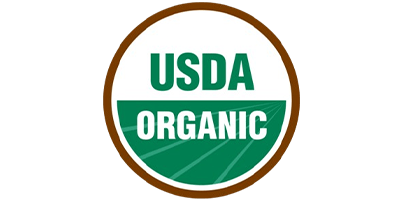
USDA Organic (NOP)
Certified under the U.S. National Organic Program (NOP), this standard ensures our products are grown and processed without synthetic fertilizers, pesticides, GMOs, or irradiation — meeting strict organic integrity for the U.S. market.
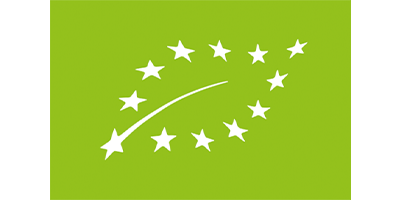
EU Organic
This certification guarantees compliance with European Union organic farming regulations, focusing on environmentally friendly cultivation, biodiversity protection, and sustainable land use.
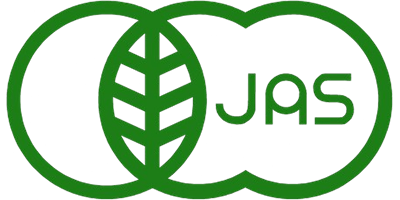
JAS Organic
Accredited by the Japanese Agricultural Standard (JAS), this verifies that our farming and processing practices meet Japan’s stringent organic guidelines, ensuring premium quality for the Japanese market.
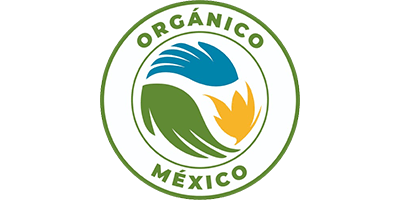
Mexican Organic Certification
Meets Mexico’s national organic standards for agricultural production, ensuring that our products are free from prohibited substances and align with eco-conscious practices.
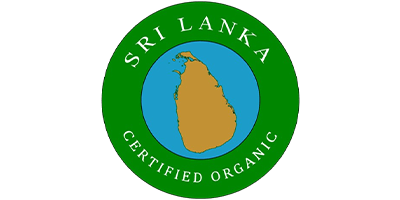
Sri Lankan Organic Certification
Issued by the Department of Agriculture of Sri Lanka, this certification confirms adherence to national organic farming regulations for both local and export compliance.
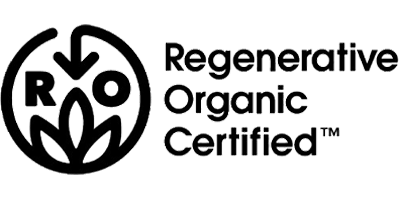
Regenerative Organic Certified™
A next-level certification beyond organic, focusing on soil health, animal welfare, and fair treatment of farmworkers — proving our commitment to restoring ecosystems and communities.
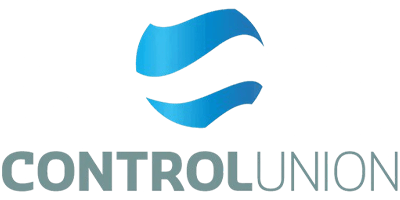
Control Union Certified
An internationally recognized body that audits our organic practices, from seed to export, ensuring full traceability and sustainable sourcing in accordance with global organic standards.
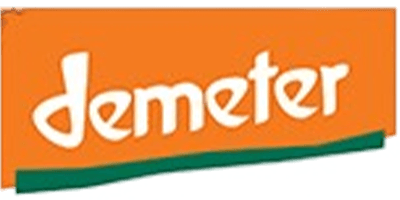
Demeter
Demeter certification affirms that our products are grown using biodynamic methods — a holistic, ecological, and ethical approach to farming that enhances soil vitality and ecosystem balance.
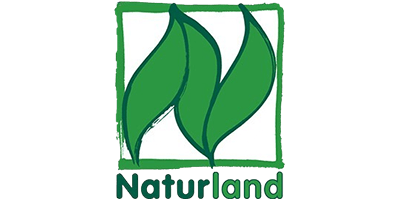
Naturland
Based in Germany, Naturland combines organic farming with social responsibility, ensuring sustainable agriculture, fair labor conditions, and environmentally sound practices.
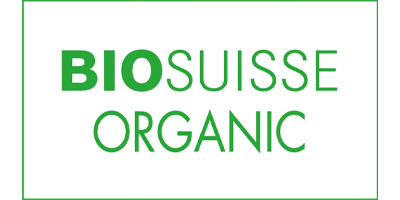
Bio Suisse
This Swiss organic label certifies our compliance with strict ecological standards, animal welfare, and social accountability — considered one of the most rigorous organic systems worldwide.
Food Safety & Quality Certifications
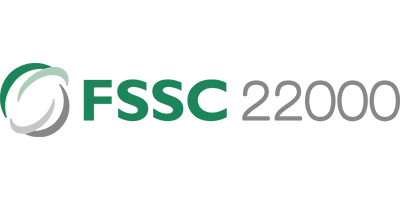
FSSC 22000
A globally recognized food safety management certification that ensures risk-based controls throughout our production chain — protecting product quality, hygiene, and consumer health.
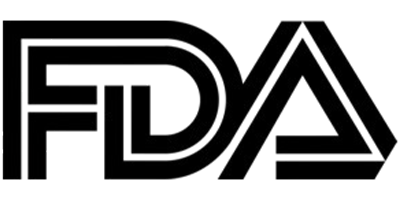
U.S. Food & Drug Administration
Our facility is registered with the FDA, affirming that our operations comply with U.S. food safety laws, manufacturing practices, and export regulations.
Ethical, Religious & Geographic Certifications
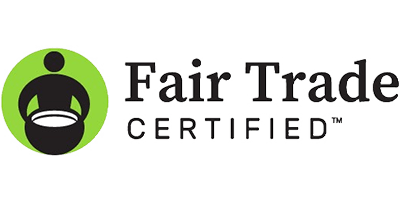
Fair Trade USA
Empowering smallholder farmers through ethical sourcing, this certification ensures fair wages, safe working conditions, and environmental protection throughout our supply chain.
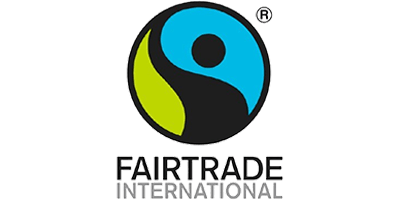
Fairtrade (FLO Certified)
FLO (Fairtrade Labelling Organizations International) certifies that our supply chain supports sustainable development, community investment, and fair trade principles.
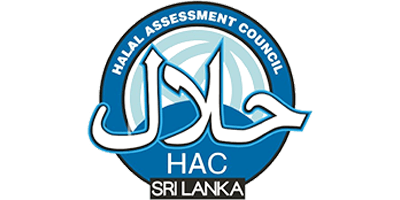
Halal Certified
Verified by an accredited body, this ensures our products are prepared in accordance with Islamic dietary laws — suitable for Muslim consumers worldwide.

Star-K Kosher
Our Kosher certification confirms that our products and processes adhere to Jewish dietary laws under the supervision of Star-K — a globally trusted Kosher authority.
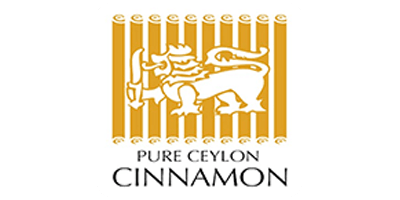
GI Certified Pure Ceylon Cinnamon
A protected geographical indication by the Sri Lankan government, this certifies that our cinnamon is 100% authentic Ceylon Cinnamon (Cinnamomum verum), grown and processed only in Sri Lanka.
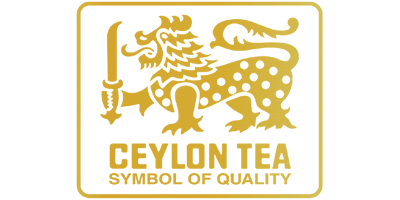
Ceylon Tea Certification
Issued by the Sri Lanka Tea Board, this ensures that our Ceylon tea products meet national standards for origin, freshness, and purity — proudly representing Sri Lanka’s most iconic export.

GACC Chinese Export Certification
Ceylon Cinnamon – Officially Registered for Export to China. We are proud to announce that Joint Agri Products Ceylon (Pvt) Ltd is now officially registered with the General Administration of Customs of China (GACC) to export Ceylon cinnamon sticks, chips & powder to China.
Why Certifications Matter in Global Trade
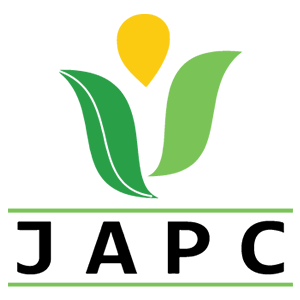
Have questions about our certifications or need documentation for your region?
Join hundreds of global brands and buyers who trust JAPC for quality, consistency, and ethical organic sourcing. Whether you need bulk supply or custom labelling, our export team is ready to assist.
